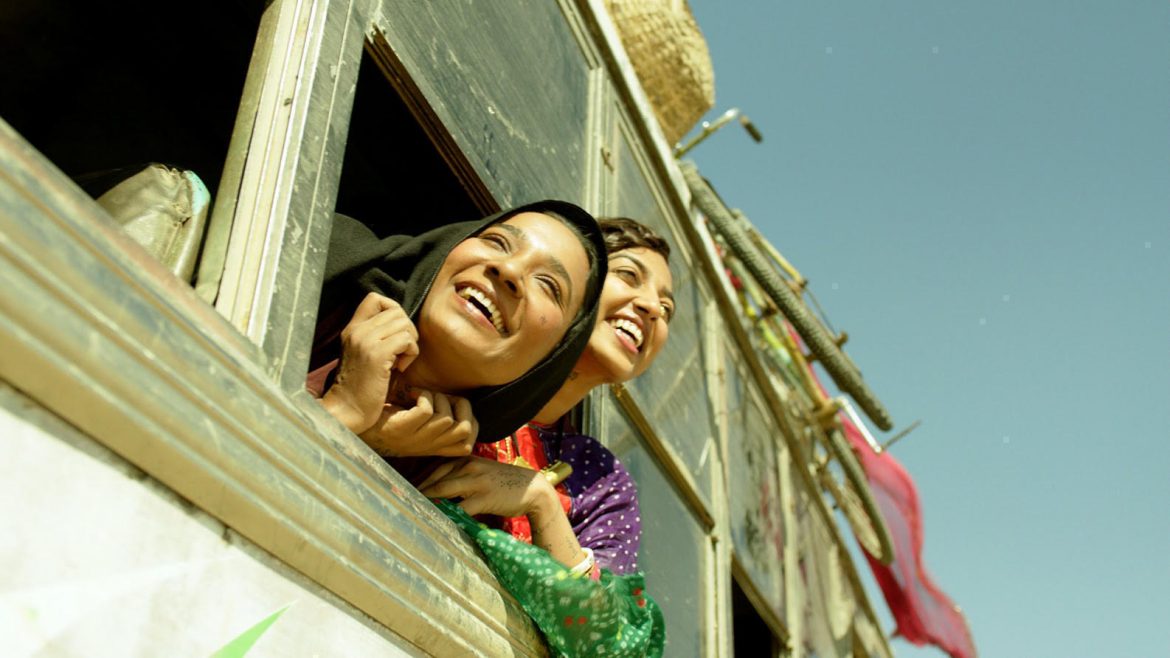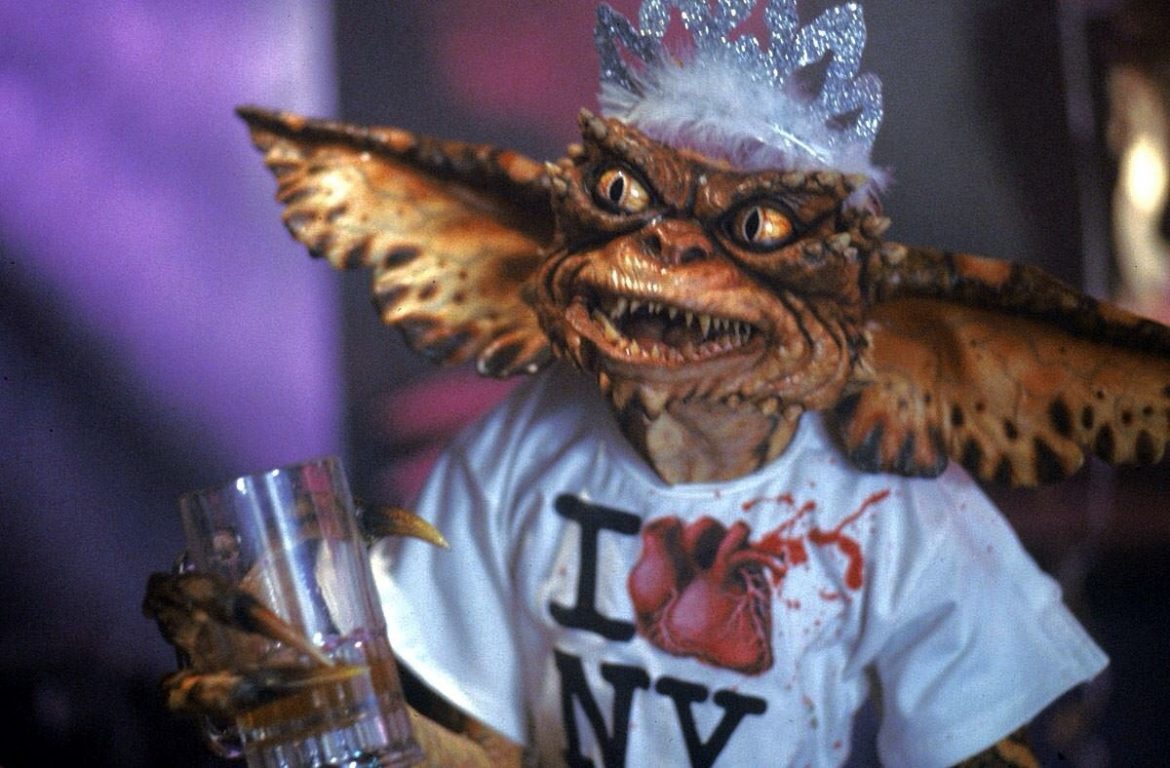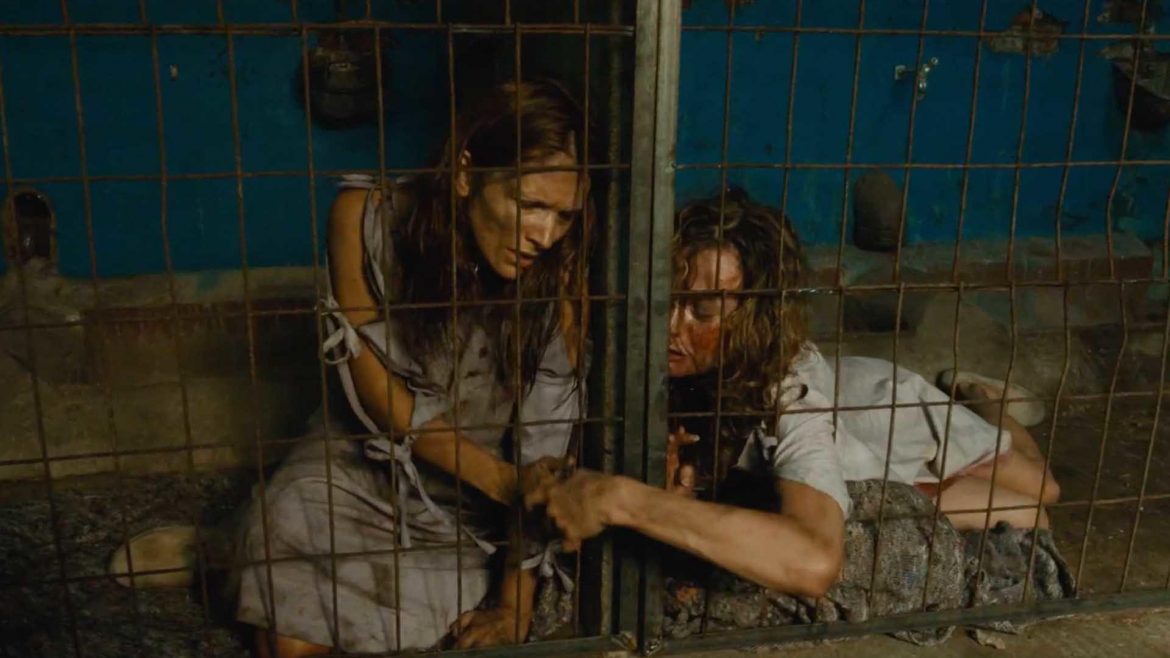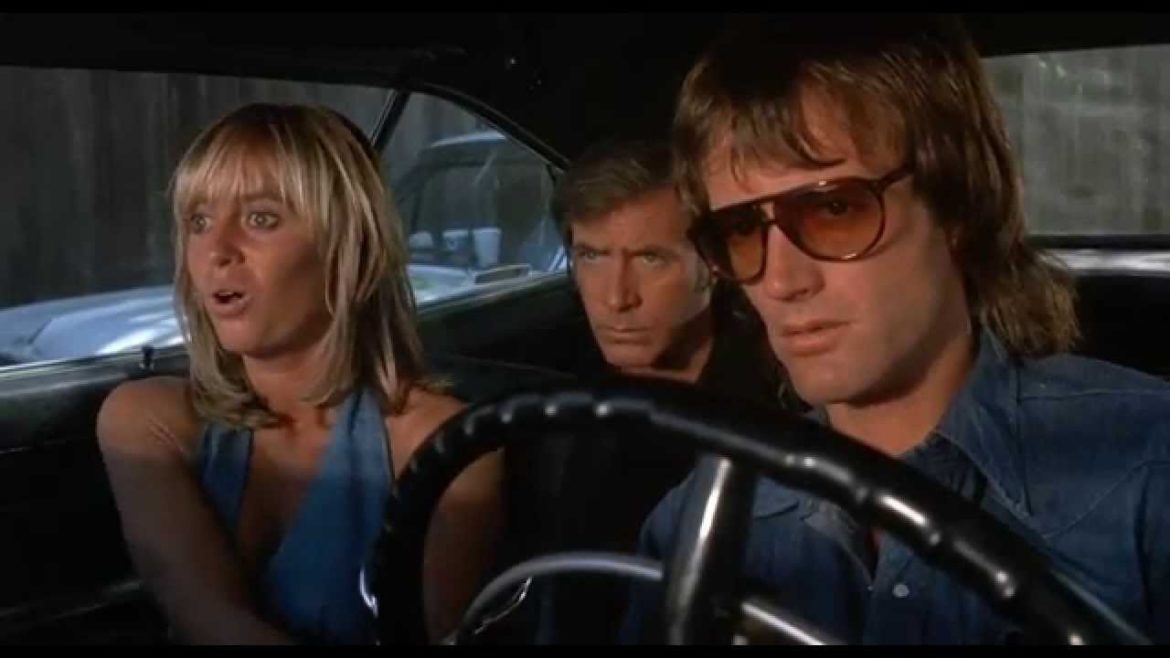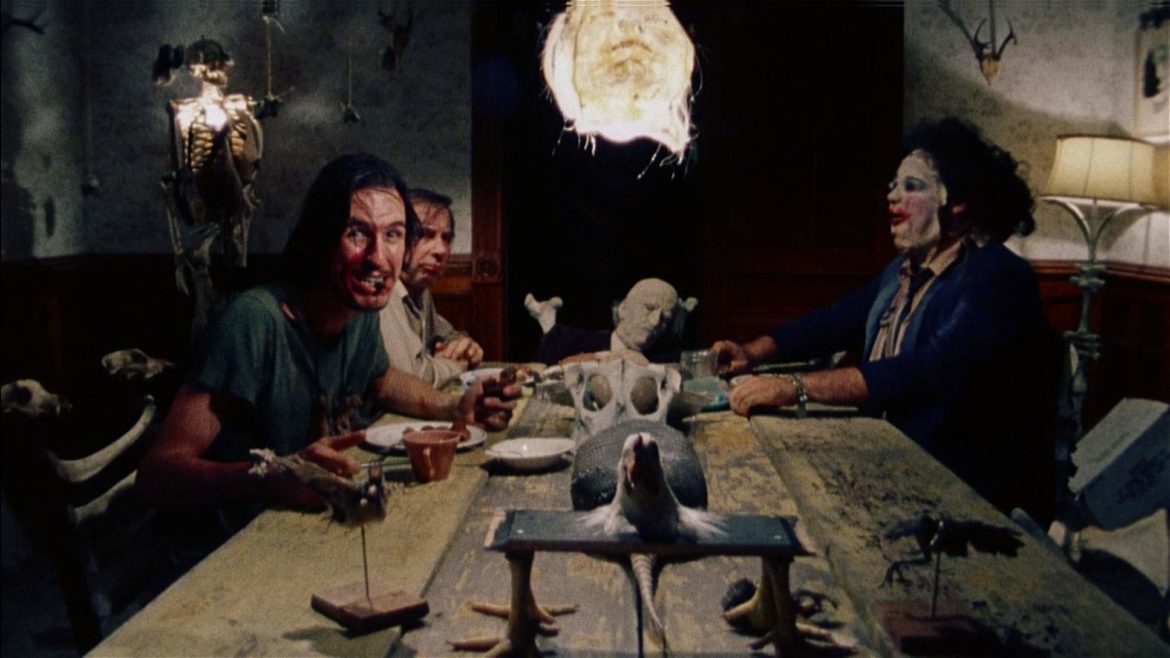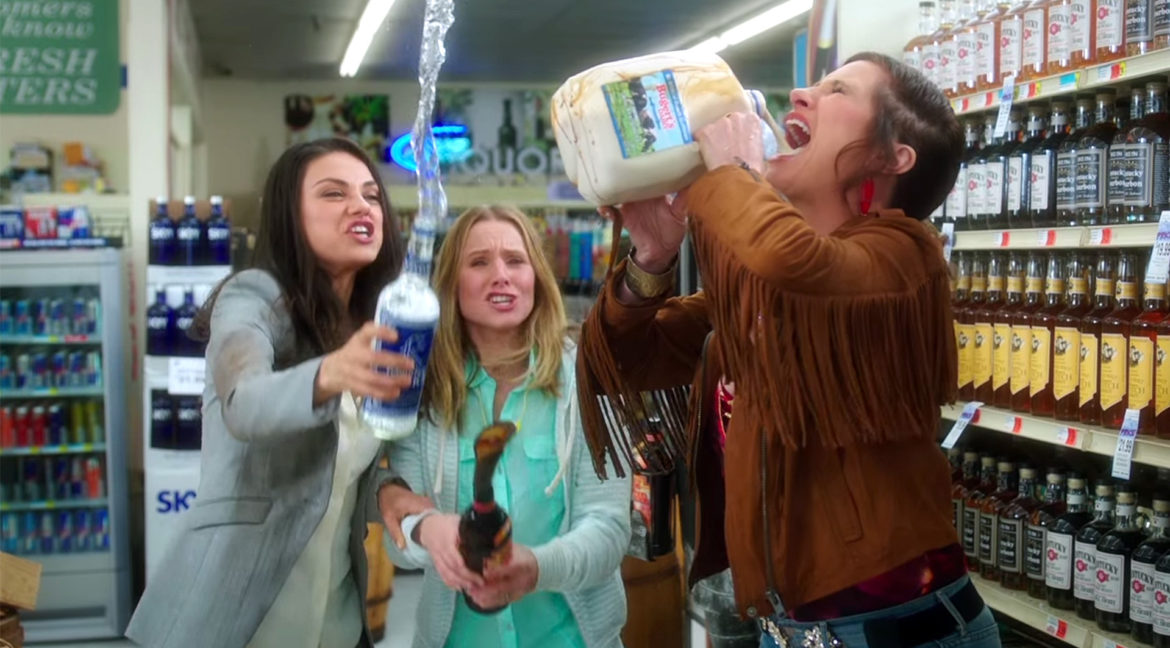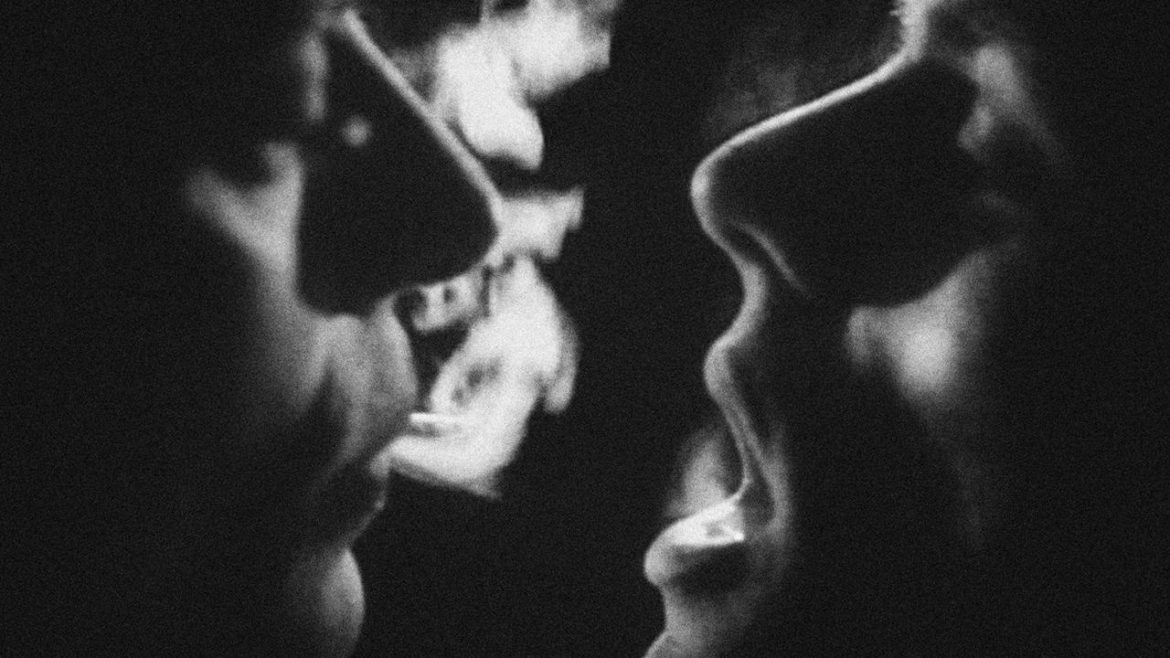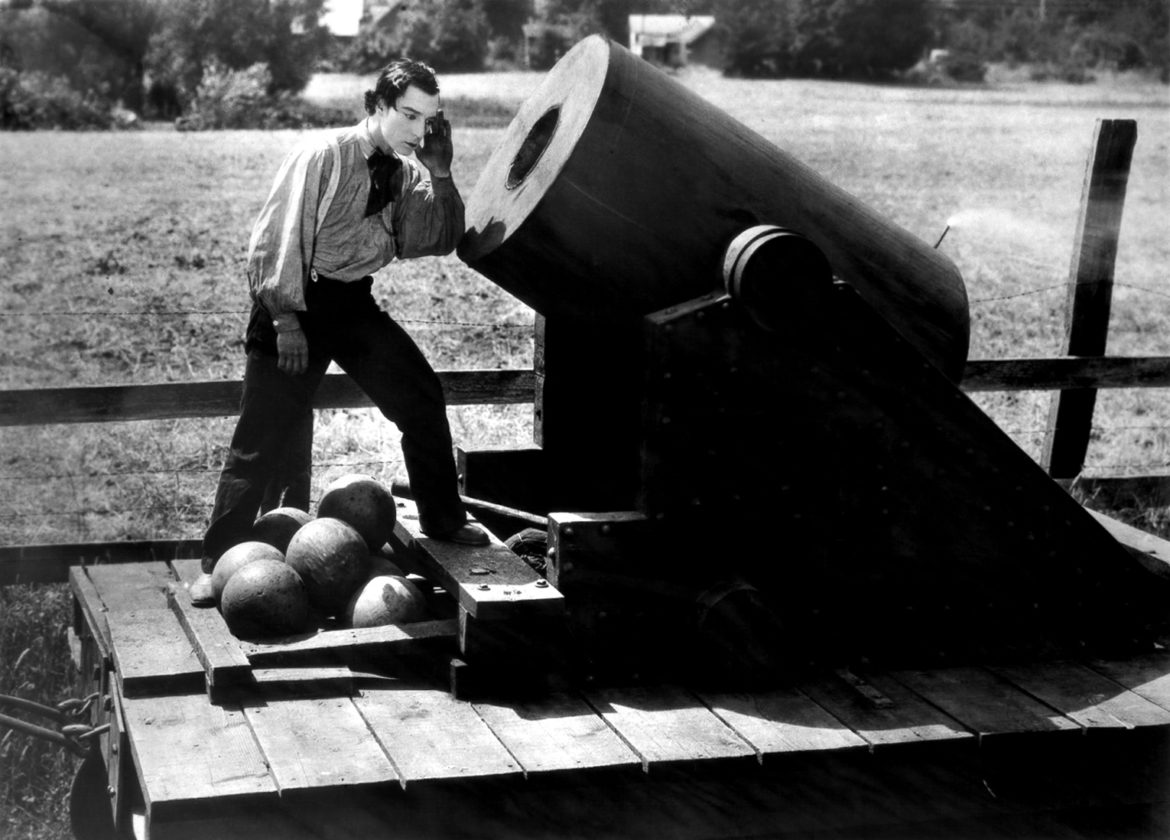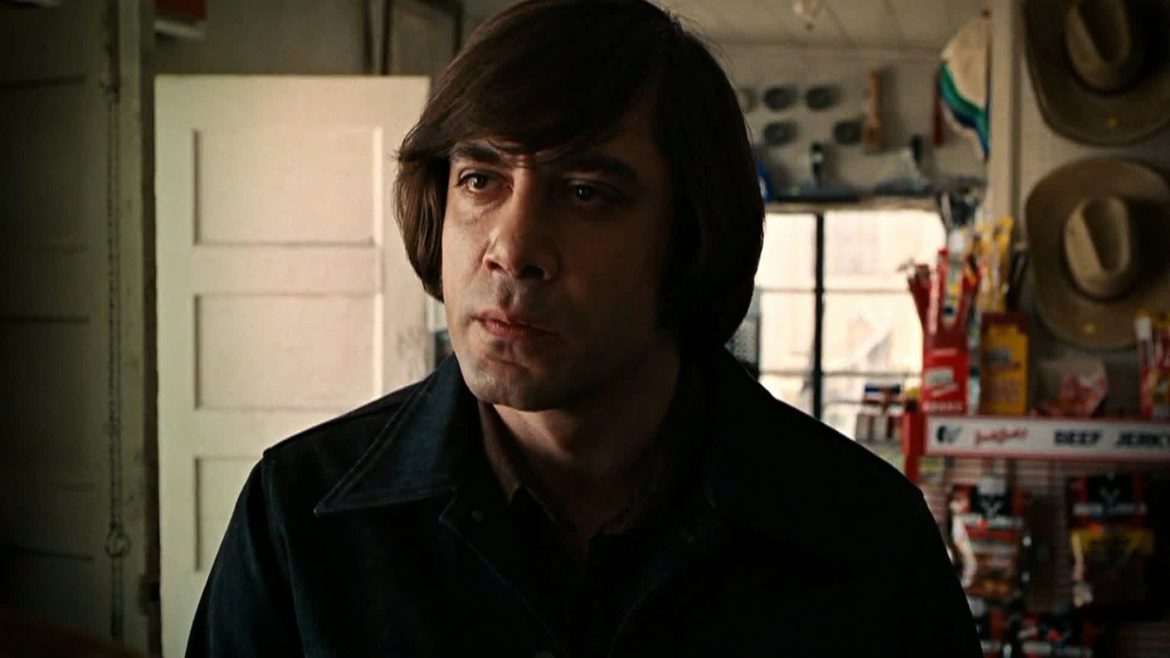Blending elements of Bollywood musicals, melodrama, and moments of jarring realism, Leena Yadav’s deeply feminist Parched explores the struggles and solidarity of four women in a rural Indian village. It’s a world of brightly colored joy and patriarchal despair in equal measure, and Yadav draws excellent performances from her three primary characters.
rick
Many silent classics, and much art more generally, have drawn on the oldest tales, mining the legacies of myth and the commonalities of familiar narratives to present them anew. Ursula Le Guin writes, “That is the gift the great storytellers have.
Do films have to be watched in their entirety? Is that a heretical question even to ask? Is it cinema if you only watch half?
A friend and I were pondering this earlier today, perplexed that more people weren’t showing up for her online programming.
Many horror and sci-fi films play with themes drawn from our treatment of nonhuman animals and the natural world. From the Night of the Living Dead to the Texas Chainsaw Massacre movies, and on through pure exploitation and extreme cinema, the subtexts are often hard to miss — a focus on vulnerability, powerlessness, instrumental use.
“Well, I ain’t talkin’ philosophies, I’m talkin’ cars,” says the local sheriff in Dirty Mary, Crazy Larry, a 1974 chase movie that was all-but-forgotten until predictable super-fan Quentin Tarantino started peppering his films with references to it.
The sheriff is referring to his own department’s need for vehicles, but out of context it could stand in as the film’s tagline.
A recent episode of the excellent We Love To Watch podcast focused on Motel Hell, a quite poor film with fascinating subtexts. It got me thinking about the prevalence of animal rights themes in film, and in horror specifically. Horror’s fixation on the notion of the human and the nonhuman provides a kind of secret key to understanding an unease at the root of modern existence.
Bad Moms is a movie to root for. Starring a hugely talented, nearly all-female cast, aimed squarely at a neglected demographic, and addressing issues that surely resonate with audiences, you want so, so badly for it succeed.
It brings me no great pleasure to report that, apart from a few big laughs, it does not.
Un Chant d’Amour is Jean Genet’s only film: a 26-minute, black-and-white, imagistic collage and fantasy of ideas. It’s startlingly beautiful, sensuous, and animated by themes — homosexuality, transgression, dominance, voyeurism — that characterize all of the mercurial artist’s work.
The short is also fairly, and hilariously, summed up by Letterboxd user Tyler, as “Almost definitely the best film ever made about gay men masturbating in prison.”
The collapsing house that miraculously spares Buster Keaton in Steamboat Bill, Jr. might be the most famous image in the great comedian’s body of work, but the collapsing bridge in The General remains (reputedly) the most expensive single stunt in all of silent film.
The Coen Brothers’ filmography tends to swing wildly from lighthearted, goofball larks to existential nightmare tours of wounded psyches and uneasy human relations in a fallen world. (A good argument can, and has, been made that the two modes are in direct conversation.)

